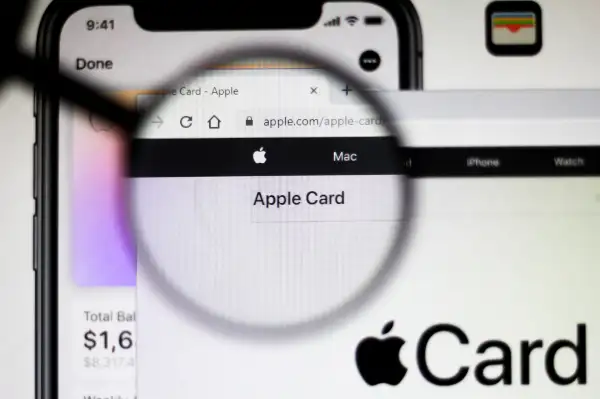Is the Apple Card Sexist? The Credit Card Is Under Fire for Giving Women Lower Spending Limits

The much-hyped Apple Card is being investigated over charges of gender discrimination after disgruntled customers sounded the alarm on social media.
The new credit card, which was developed by Goldman Sachs, faced a throng of finger pointing after two high-profile customers — Basecamp founder David Heinemeier Hansson and Apple co-founder Steve Wozniak — tweeted about its lending algorithms last week. Both Hansson and Wozniak say they received Apple Card credit limits that were several times higher than their wives, despite filing joint tax returns, and in Hansson’s case, having a lower credit score.
Hansson referred to the Apple Card as a "sexist program" on Twitter: "My wife and I filed joint tax returns, live in a community-property state, and have been married for a long time. Yet Apple’s black box algorithm thinks I deserve 20x the credit limit she does."
Others weighed in on Twitter with similar stories.
“We don’t have transparency on how these companies set these things up and operate,” Wozniak told Bloomberg. "A huge number of people would say, ‘We love our technology but we are no longer in control.’ I think that’s the case.”
On Sunday, Goldman Sachs Tweeted out a statement saying the Apple Card credit lines are set on an individual basis, and account for factors like debt management history — which make it possible "for two family members to receive significantly different credit decisions."
"In all cases, we have not and will not make decisions based on factors like gender," the statement reads.
But after reading Tweets from disgruntled customers, Linda Lacewell, superintendent of the New York State Department of Financial Services, released her own statement.
“Here in New York State we support innovation,” she writes. “For innovation to deliver lasting and sustained value, the consumers who use new products or services must be able to trust they are being treated fairly.”
